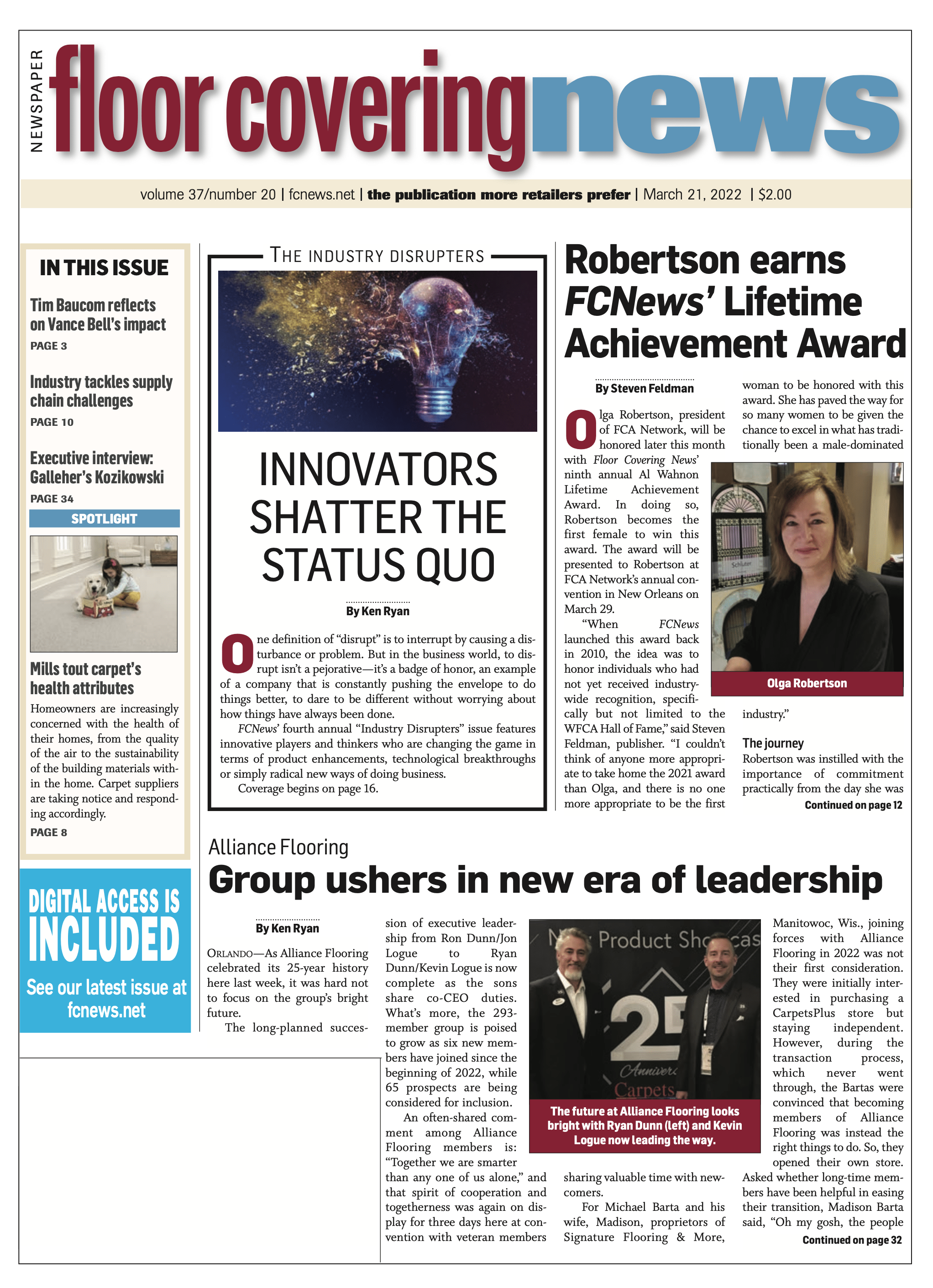 Years from now when we look back on the implications of COVID-19, we will realize one of the biggest will be how people’s attitudes toward work has changed. There is a labor shortage today, and I doubt this will abate anytime soon—or ever—at least for some professions.
Years from now when we look back on the implications of COVID-19, we will realize one of the biggest will be how people’s attitudes toward work has changed. There is a labor shortage today, and I doubt this will abate anytime soon—or ever—at least for some professions.
There’s a reason why you are struggling to find warehouse workers, truck drivers, janitors, etc. There’s a reason many restaurants are going to abbreviated menus, hotels are not cleaning your room daily and your wait times on hold can be excruciating—or you are asked to find a solution to your problem on a website. There may be no shortage of workers—but there is a shortage of workers who want to work those jobs.
There are some underlying factors to start with. Generally speaking, job seekers have more choices. At last count there were 10 million open jobs that we know of in the U.S. Why? For one, we have had an aging work force. Baby boomers are retiring at a higher rate than they can be replaced with younger people. Yes, these people for the most part are not doing the less-than-glamorous jobs. But you know who does? Immigrants. Those are the people who perform many of the tasks many Americans feel are beneath them. And this county’s current immigration situation is a mess. There is no clear, defined path right now.
This isn’t about people having fear of contracting COVID-19. And forget about the notion that contraction in labor supply is driven mostly by women responding to child-care demands. COVID-19 has likely permanently changed mindsets toward work, with people seeking out a change of hours, career and benefits, a new paper concludes. “Some individuals may have become accustomed to a greater degree of work flexibility, including working from home, while others may now prefer a greater degree of work-life balance,” the research said.
The pandemic was a catalyst, according to studies conducted by the National Bureau of Economic Research, a Cambridge, Mass., nonprofit research organization. Workers with “high social proximity” show a willingness to work fewer hours, echoing previous research and highlighting the gap between people who are able to work from home without occupational exposure to COVID-19 and those who can’t. Social proximity, for these purposes, is defined by the degree of interpersonal contact and the ability to work from home for a person’s current or most recent job.
The occupations with the highest “effective social proximity” include healthcare professionals, food-preparation workers and people working in production, construction, transportation and personal-care services, the report said. The jobs with the lowest effective social proximity include managers, technical professionals and legal professionals.
The U.S. labor-force participation rate held steady at 62.2% in January, and the employment-population ratio was little changed at 59.7%, according to the latest data from the Bureau of Labor Statistics. Both of those metrics were up over the past year but remained below their February 2020 levels.
Pressures have intensified in recent months for people to work more hours and/or for better wages with inflation now at a 40-year high, the winding down of pandemic-related stimulus programs, credit-card debt and interest rates on the rise and the toll that two years of an uncertain and unsteady work environment has taken on people’s savings. Bottom line: The COVID-19 pandemic has increased people’s desire to achieve a better work-life balance. That, in turn, has impacted the number of hours that people wish to work, according to the NBER report.
Last but not least, you have an underground, antiwork movement in this country that’s quietly gaining steam. A forum on the online community Reddit—“Antiwork: Unemployment for all”—has more than 1.6 million members and encourages followers to work as little as possible in traditional jobs or abandon them altogether for self-employment, with the goal of prioritizing leisure time. Their numbers are sufficient to prompt Goldman Sachs to warn in a November research note that the antiwork movement poses a “long-run risk” to labor force participation.
“Idlers,” as members of the antiwork movement call themselves, largely believe that people should strive to work as little as possible. Many who have stopped working say they operate their own microbusinesses or work as few hours as possible in part-time jobs in order to survive. Some take on roommates or raid dumpsters for food to reduce their cost of living.
The antiwork movement traces its ideology back to Marxist texts suggesting that humanity could evolve beyond the requirement to work for a living. A parallel has emerged in the popular “lay flat” trend among Chinese millennials, where they swear off ambitious careers in favor of simpler, less materialistic lives.
All of this is contributing to the challenge of finding labor. And this could wind up being the biggest impediment to your business’s growth over the next few years.

